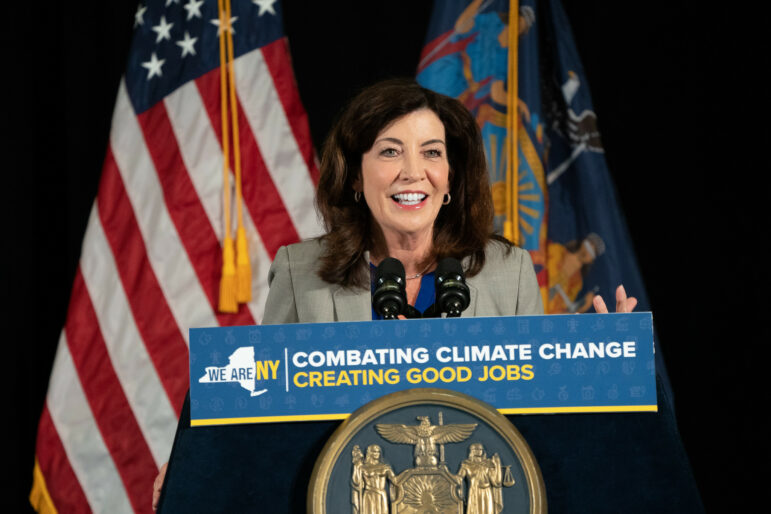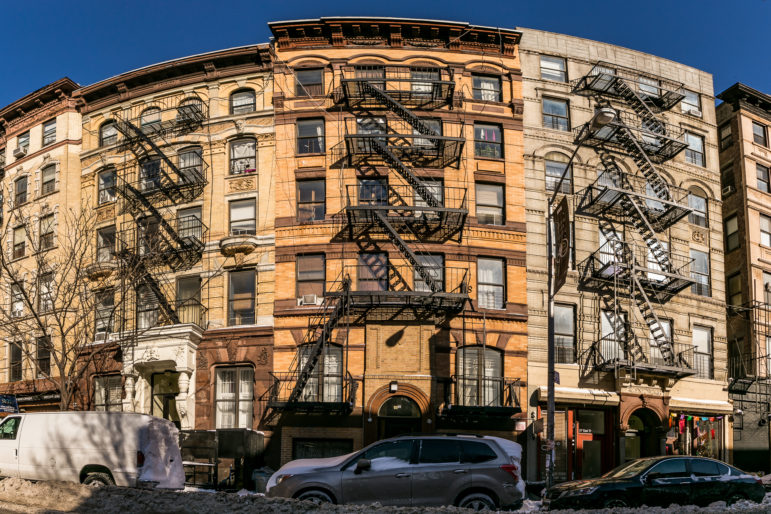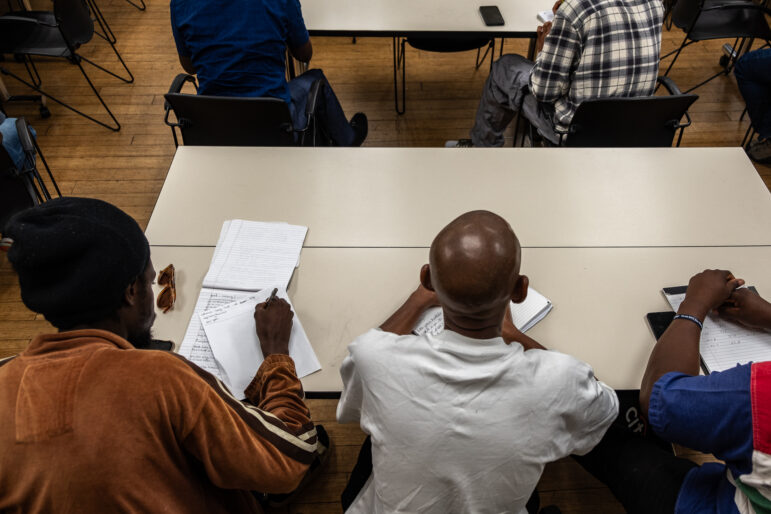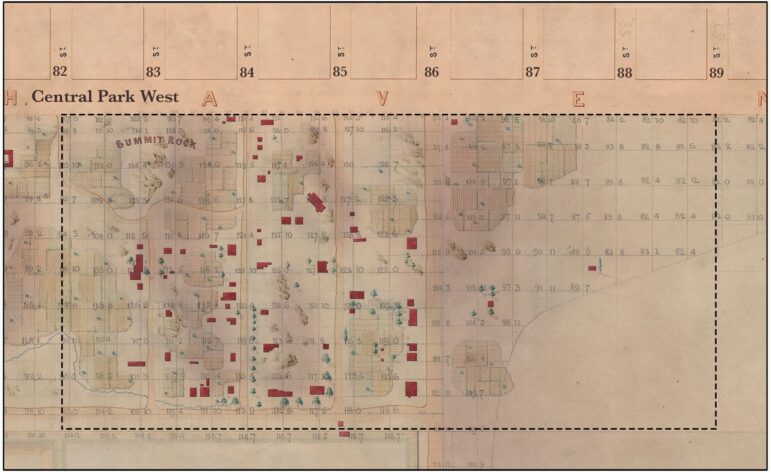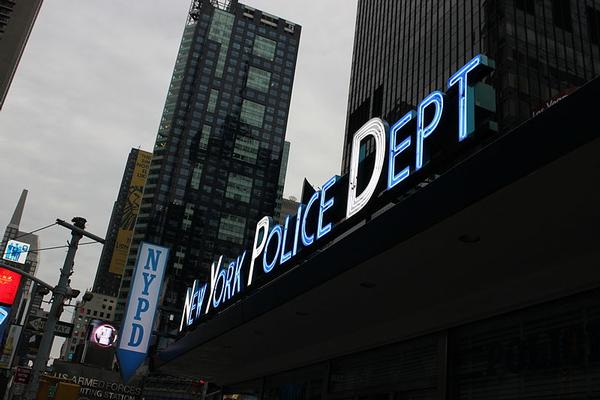
One feature of the disagreement about the NYPD’s “broken windows” policing strategy is that it often reflects a difference in focus. People who support the policy look at the sweep of recent history and see a city that defeated a crime epidemic thanks to a suite of strategies, including broken windows. People who detest broken windows typically have seen—or experienced themselves—what it looks like on a case-by-case basis.
A report out Thursday by the Police Reform Organizing Projects compiles more than 100 vignettes of people who encountered the NYPD over low-level crimes. It’s a sort of Cliff’s Notes for anyone who wants to steep themselves in that case-by-case view. While the report is an advocacy document—reliant largely on people’s claims about their interactions with the police—it contains a candid level of nuance.
Sure, there are outright tales of injustice—teenagers cited for walking through a park at 11 p.m. when it was only 8 p.m., a mother accosted in front of her children for stealing a subway ride when she was merely opening a gate to get her stroller through after swiping her Metrocard, a 16-year-old getting pinched twice for trespassing in his own building.
But there are also cases where there is some level of actual wrongdoing on the part of the person getting arrested. The problem is that the police response is disproportionate or wildly inefficient.
There’s the guy stopped erroneously for trespassing—which is a waste of everyone’s time—and then arrested for an open warrant from an earlier case where he was caught smoking in his building’s elevator at 2 a.m., which is not a very nice thing for your neighbors to deal with when they get home at 2:15.
There are the bodegas selling cigarettes without a license (which is rightly illegal) where the owner doesn’t get arrested but the low-level clerk who happens to be on duty when the cops come takes the fall (not fair).
There’s the dollar-van driver driving with a suspended license (a real no-no) because of an old traffic ticket, who gets arrested, pays the ticket, then gets arrested again because the system didn’t record the payment (yikes).
What comes through most clearly is that the system—the courts as well as the cops—seems designed to inflate minor offenses into life-changing events. “Police officers arrested a man who was driving his car with a broken taillight. They had pulled him over on that infraction, ran a check on him, and found that he had an outstanding warrant for an open alcohol container charge, resulting in his arrest,” reads one anecdote. Another: “The police stopped a young African-American man who was riding his bicycle on a sidewalk in Brooklyn. The officer ran a background check on the man and found an outstanding warrant for an open alcohol container from six years earlier. As is the NYPD policy, the officer cuffed and arrested the man who spent the night in jail” before a judge set the case aside for dismissal if they guy stayed out of trouble for six months.
In a city that made 222,000 misdemeanor arrests last year, broken-windows supporters will dismiss the stories collected by PROP as a mere sliver of a sample. Absent are any stories about justifiable arrests for low-level crimes. And broken-windows fans can nitpick over the details of each case because the report doesn’t cite corroborative evidence. But every anecdote in the PROP study, repeated around dinner tables and in school hallways in communities affected by aggressive policing, erodes the trust in law enforcement that police ultimately depend on. One may pretend that’s not an issue, but it is likely to cause problems down the road. Kind of like an open warrant.


